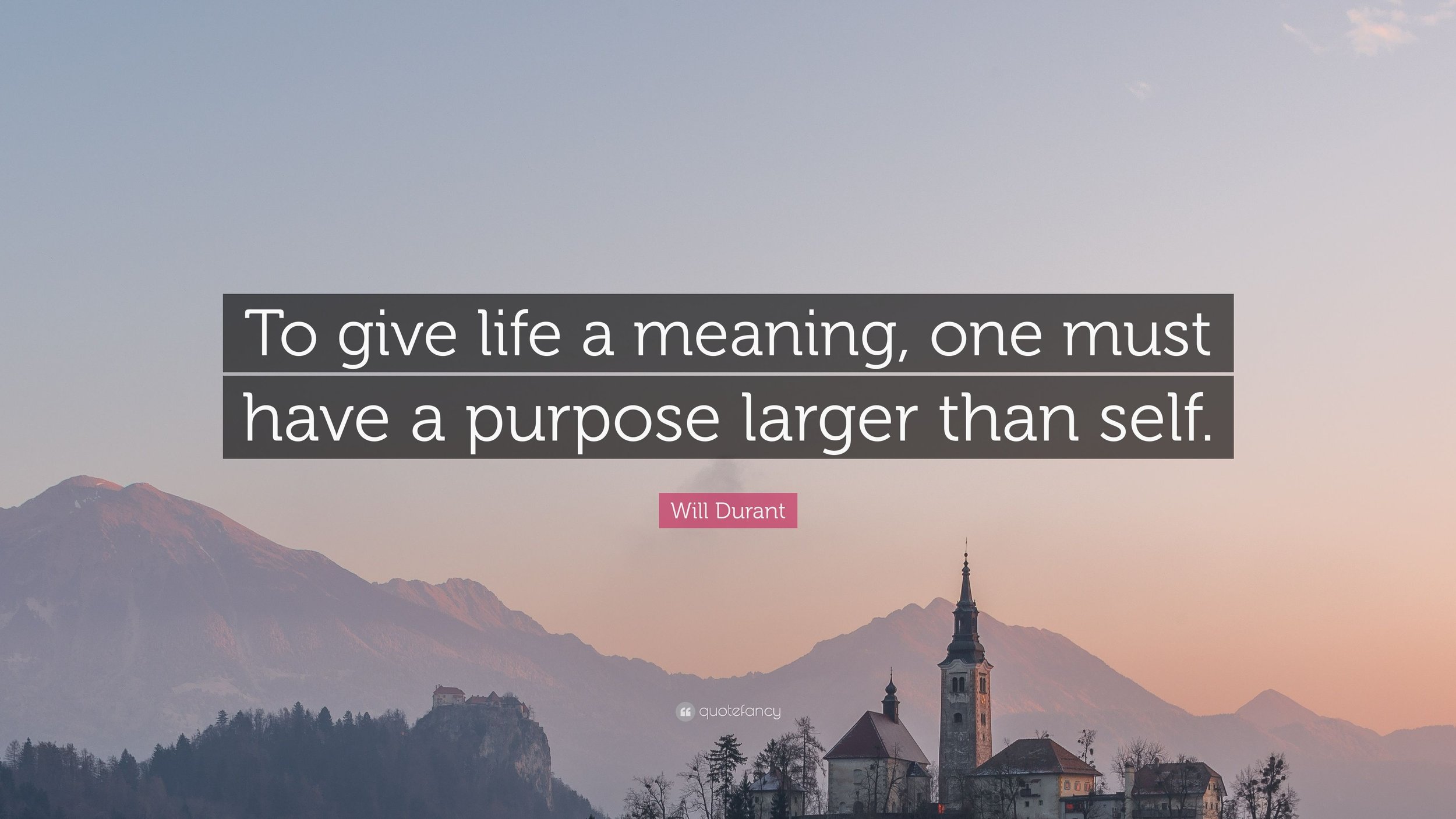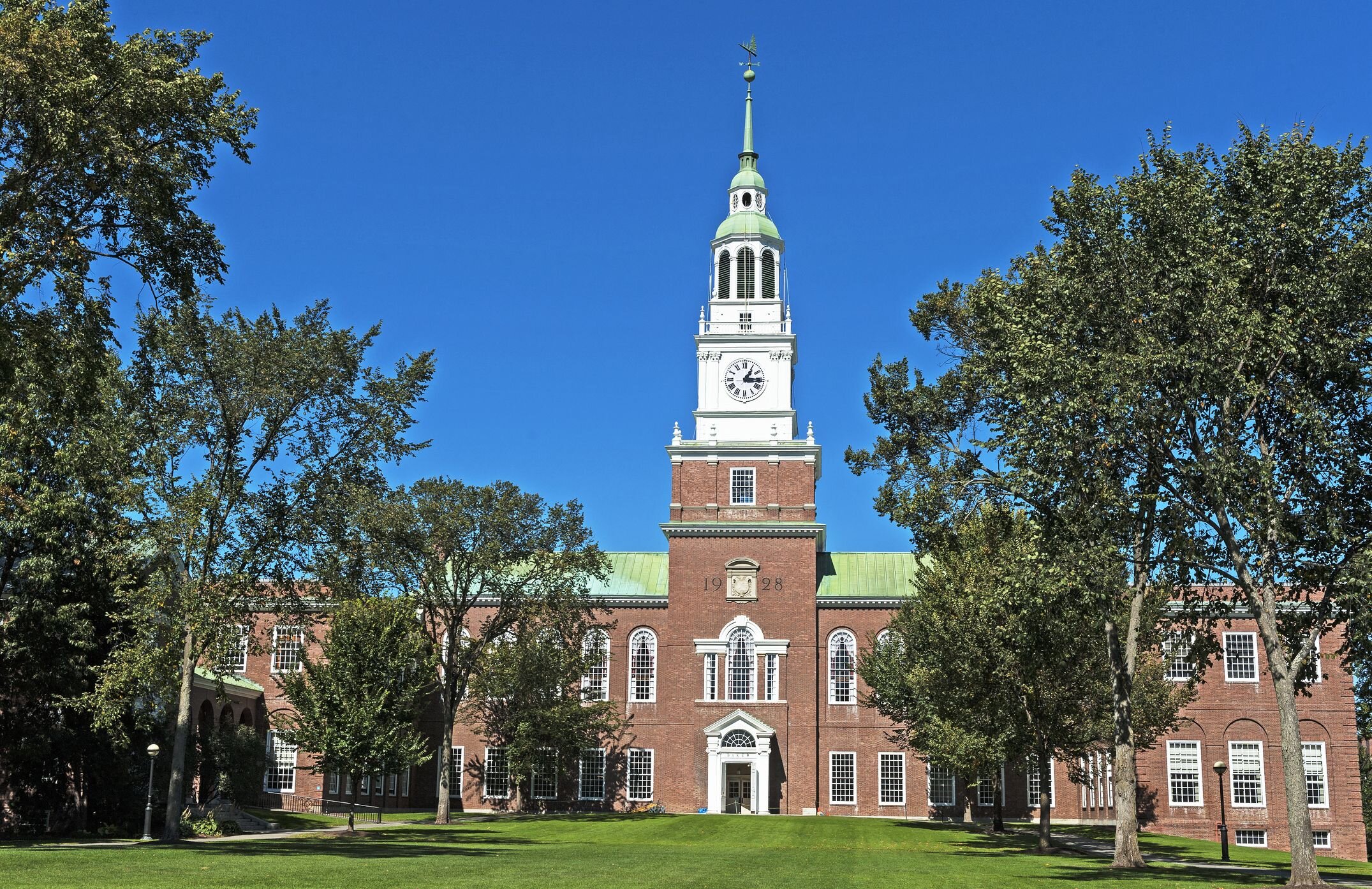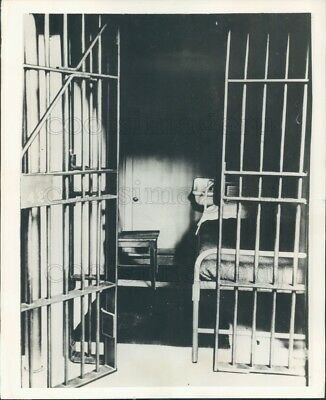LIFE AND LIFE SENTENCES
AMERICA — 1931 — The Depression had barely begun when Will Durant began getting despondent letters. Strangers on the brink, desperate to know. What is the point of going on? Is there any meaning in life?
Durant filed the letters. His best-selling book The Story of Philosophy had cited Plato, Aristotle, Spinoza, even Nietzsche. What wisdom could he add? Then one afternoon Durant was out raking leaves when a passing stranger stopped to announce that he would soon take his own life. The man walked on but Durant decided to write his own letter.
Dear _________,
Will you interrupt your work for a moment and play the game of philosophy with me? I am attempting to face a question which our generation, perhaps more than any, seems always ready to ask and never able to answer — What is the meaning or worth of human life?”
Despite a rising career as writer and historian, the game of philosophy had left Durant mired in doubt. Modern science, he felt, eroded human purpose. Astronomers showed earth to be a speck in the universe. Biologists reduced love to primal urges. Geologists placed humanity somewhere between ice ages. “The growth and spread of knowledge, for which so many idealists and reformers prayed, has resulted in a disillusionment which has almost broken the spirit of our race.”
In his letter, Durant asked for hope, meaning, for whatever “treasures” might be found in life. He sent the letter to writers, artists, philosophers, college presidents. When answers began arriving, he was amazed. Life, it seemed, had not one meaning but many.
Some refused to take Durant seriously. Scribbled on a postcard: “How the devil do I know? Has the question itself any meaning? — G.Bernard Shaw.”
Others refused to take life itself seriously.
“What the meaning of human life may be I don’t know,” H.L. Mencken wrote, “I incline to suspect that it has none. All I know about it is that, to me at least, it is very amusing while it lasts.”
Many found purpose in commitment. A certain Mr. Nehru despaired over the fate of India under British rule, but “then came Mr. Gandhi. . . I plunged in, and I discovered that I had at last found what I had long sought. It was in action that I found this -- action on behalf of a great cause which I held dear.”
And from Gandhi himself: “My consolation and my happiness are to be found in service of all that lives. . . My treasure lies in battling against darkness and all forces of evil.”
Seeding the future was enough for some. Mount Holyoke College president Mary Woolley: “I do not see how one can work for years with young people, as I have done, and be a pessimist! I have seen too many lives develop into something fine and strong.”
Others found meaning in nature. From Dartmouth president Ernest Hopkins: “I cannot imagine anyone’s questioning the worthwhileness of life, for instance, if an occasional day like this is available to him: great expanses of blue sky; lazily drifting fleecy clouds; a perfect temperature. . .”
And many cherished simple curiosity. Tennis star Helen Wills Moody: “For me, life is interesting, entertaining, happy, if only I can have some activity for the restlessness that is in my heart. I want that activity to be careless, never finished, and I would like to have it at almost all times dominating my thoughts.”
Durant collected the responses in a short book — On the Meaning of Life. But his publisher asked for one more answer. How would a prisoner respond? So Durant sent his letter to a man just given a life sentence in Sing-Sing. He expected no reply but. . .
Owen C. Middleton is lost to history. His age, fate, even his crimes are unknown. But Convict 79206 wrote what the New York Times called “the most impressive and arresting letter of all.”
“Truth tells us that happiness is a state of mental contentment. Contentment can be found on a desert island, in a little town, or the tenements of a large city. It can be found in the palaces of the rich or the hovels of the poor. Confinement in prison doesn’t cause unhappiness, else all those who are free would be happy. Poverty doesn’t cause it, else the rich all would be happy. Those who live and die in one small town are often as happy, or happier than many who spend their entire lives in travel. . . “
Durant read on as the convict dared to disagree with the pessimism of The Wasteland. “To me, life is like a river, moving ever forward. There are eddies and crosscurrents, but the main stream sweeps onward.”
Convict 79206 closed by describing an afternoon in the prison yard, marveling as a dirigible passed above. ”I do not know to what great end Destiny leads us, nor do I care very much. . . In the knowledge that I am an inalienable part of this great, wonderful, upward movement called life, and that nothing, neither pestilence, nor physical affliction, nor depression -- nor prison -- can take away from me my part, lies my consolation, my inspiration, and my treasure. Owen C. Middleton.”














